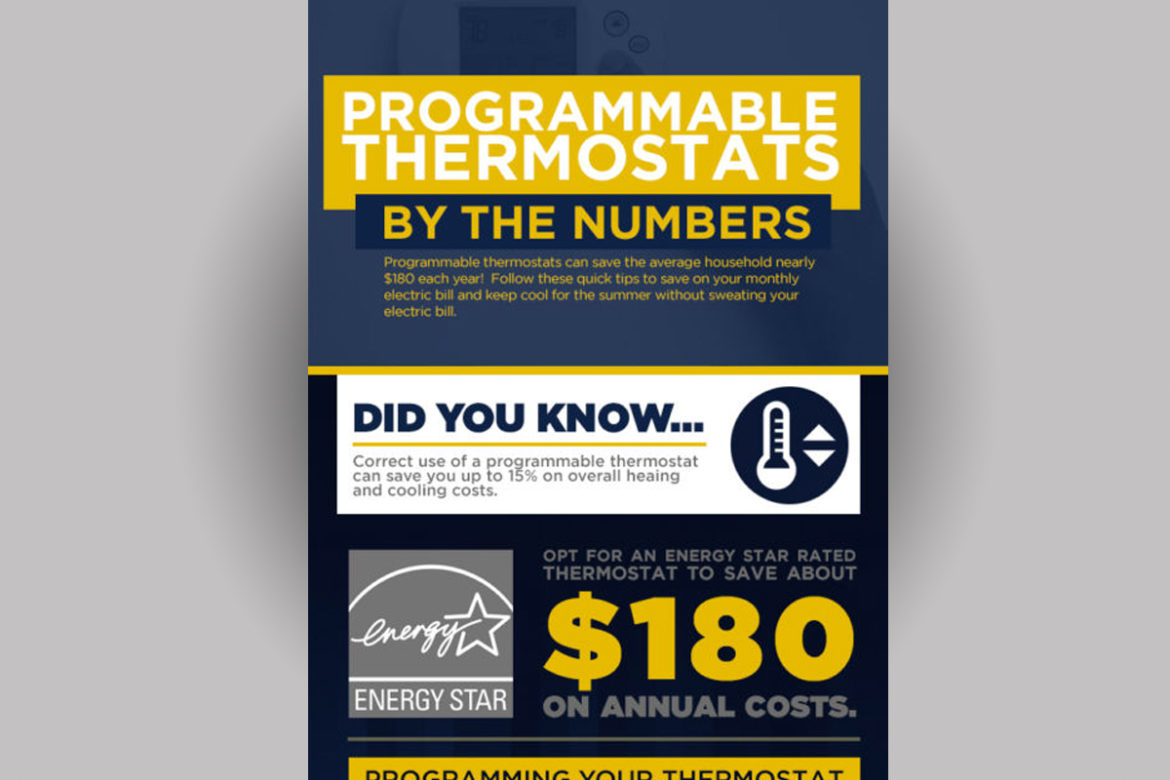The Future Of Home Heating - Exactly How Heatpump Innovation Is Advancing
The Future Of Home Heating - Exactly How Heatpump Innovation Is Advancing
Blog Article
Material Written By-David Roy
Heatpump will be a vital technology for decarbonising heating. In wall hanging services christchurch with governments' introduced energy and environment commitments, their international capability increases by 2030, while their share in home heating rises to one-quarter.
They work best in well-insulated homes and count on electrical energy, which can be supplied from an eco-friendly power grid. Technical innovations are making them extra efficient, smarter and less expensive.
Fuel Cells
Heat pumps use a compressor, refrigerant, coils and fans to move the air and warm in homes and home appliances. They can be powered by solar power or electrical energy from the grid. They have been getting appeal because of their inexpensive, peaceful procedure and the capacity to create electricity throughout peak power need.
Some firms, like IdaTech and BG MicroGen, are dealing with fuel cells for home heating. These microgenerators can change a gas boiler and create some of a home's electrical demands with a link to the electrical power grid for the rest.
However there are factors to be doubtful of using hydrogen for home heating, Rosenow states. It would certainly be pricey and inefficient compared to various other innovations, and it would certainly contribute to carbon discharges.
Smart and Connected Technologies
Smart home innovation permits house owners to attach and manage their devices from another location with making use of smartphone applications. For example, smart thermostats can learn your heating choices and automatically adjust to enhance power intake. Smart lights systems can be controlled with voice commands and automatically switch off lights when you leave the room, minimizing power waste. And clever plugs can keep track of and manage your electric use, enabling you to recognize and restrict energy-hungry home appliances.
The tech-savvy family illustrated in Carina's interview is a great image of how owners reconfigure space home heating techniques in the light of new clever home technologies. They count on the tools' computerized functions to perform daily modifications and concern them as a hassle-free ways of performing their heating methods. Thus, they see no reason to adapt their practices additionally in order to allow flexibility in their home energy demand, and interventions targeting at doing so may encounter resistance from these families.
Electrical power
Since warming homes accounts for 13% people exhausts, a switch to cleaner options can make a huge distinction. Yet https://industrialjanitorial29405.blog2freedom.com/29328039/debunking-the-cost-of-installing-and-preserving-a-heatpump encounters difficulties: It's costly and calls for considerable home restorations. And installation service 's not always compatible with renewable energy resources, such as solar and wind.
Till lately, electrical heat pumps were too expensive to take on gas models in many markets. But new advancements in layout and products are making them a lot more affordable. And much better cold environment performance is allowing them to operate well also in subzero temperatures.
The following step in decarbonising heating may be using heat networks, which draw warmth from a central source, such as a nearby river or sea inlet, and distribute it to a network of homes or structures. That would certainly decrease carbon exhausts and permit houses to make the most of renewable resource, such as environment-friendly electrical energy from a grid provided by renewables. https://zobuz.com/air-conditioning-money-saving-tips/22574/ would certainly be less costly than switching over to hydrogen, a fossil fuel that needs brand-new framework and would just minimize carbon dioxide emissions by 5 percent if coupled with boosted home insulation.
Renewable Energy
As electrical power prices drop, we're starting to see the very same fad in home heating that has driven electric cars and trucks into the mainstream-- however at an even much faster speed. The solid environment case for impressive homes has actually been pushed better by brand-new research.
Renewables represent a considerable share of modern-day warm intake, but have been offered minimal plan focus worldwide contrasted to various other end-use fields-- and even less attention than electricity has. Partially, this mirrors a mix of customer inertia, divided motivations and, in many nations, aids for nonrenewable fuel sources.
New technologies can make the change simpler. For instance, heat pumps can be made more power effective by replacing old R-22 refrigerants with new ones that do not have the high GWPs of their precursors. Some specialists additionally picture district systems that draw heat from a nearby river or sea inlet, like a Norwegian fjord. The warm water can then be made use of for cooling and heating in an area.